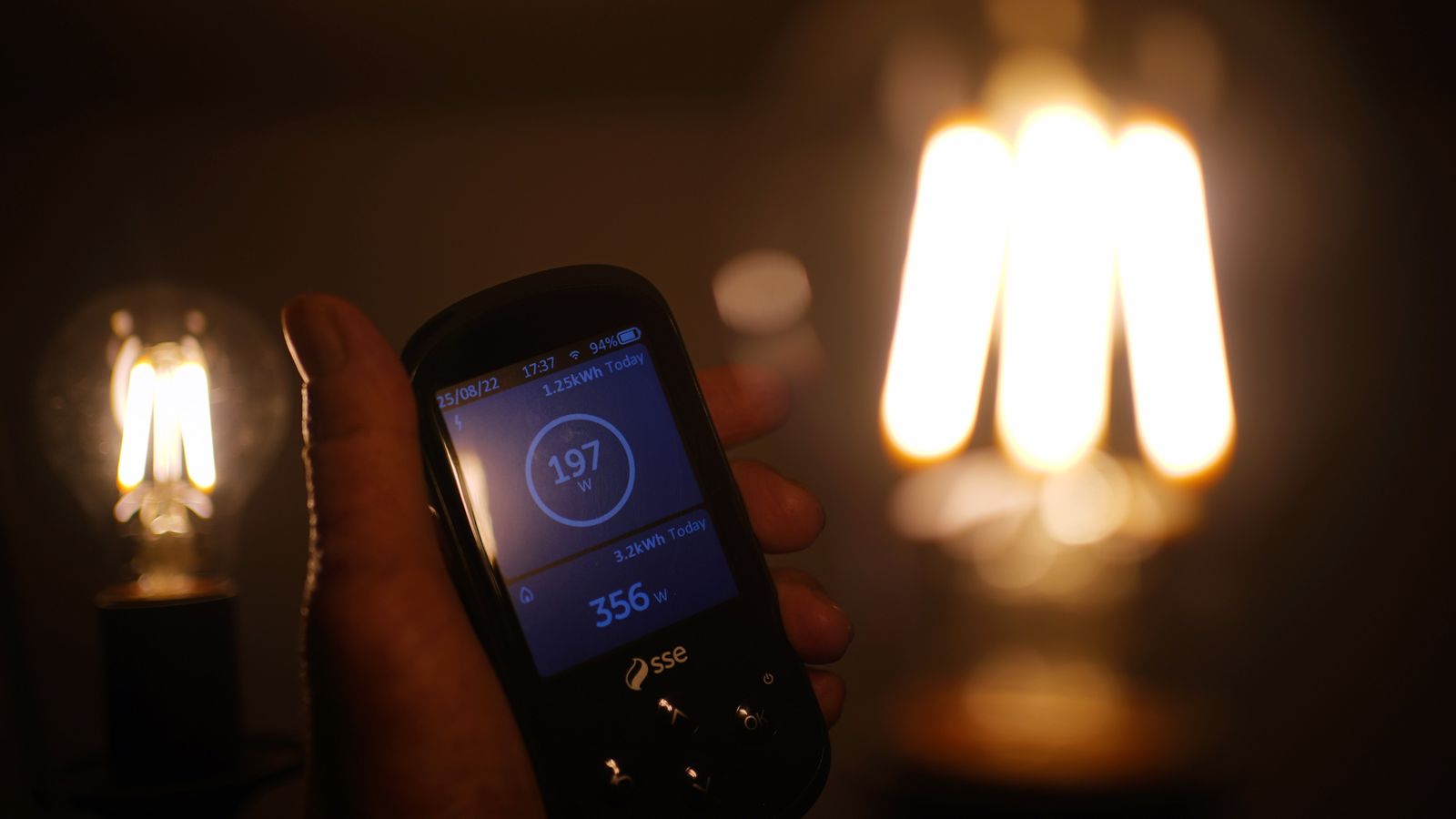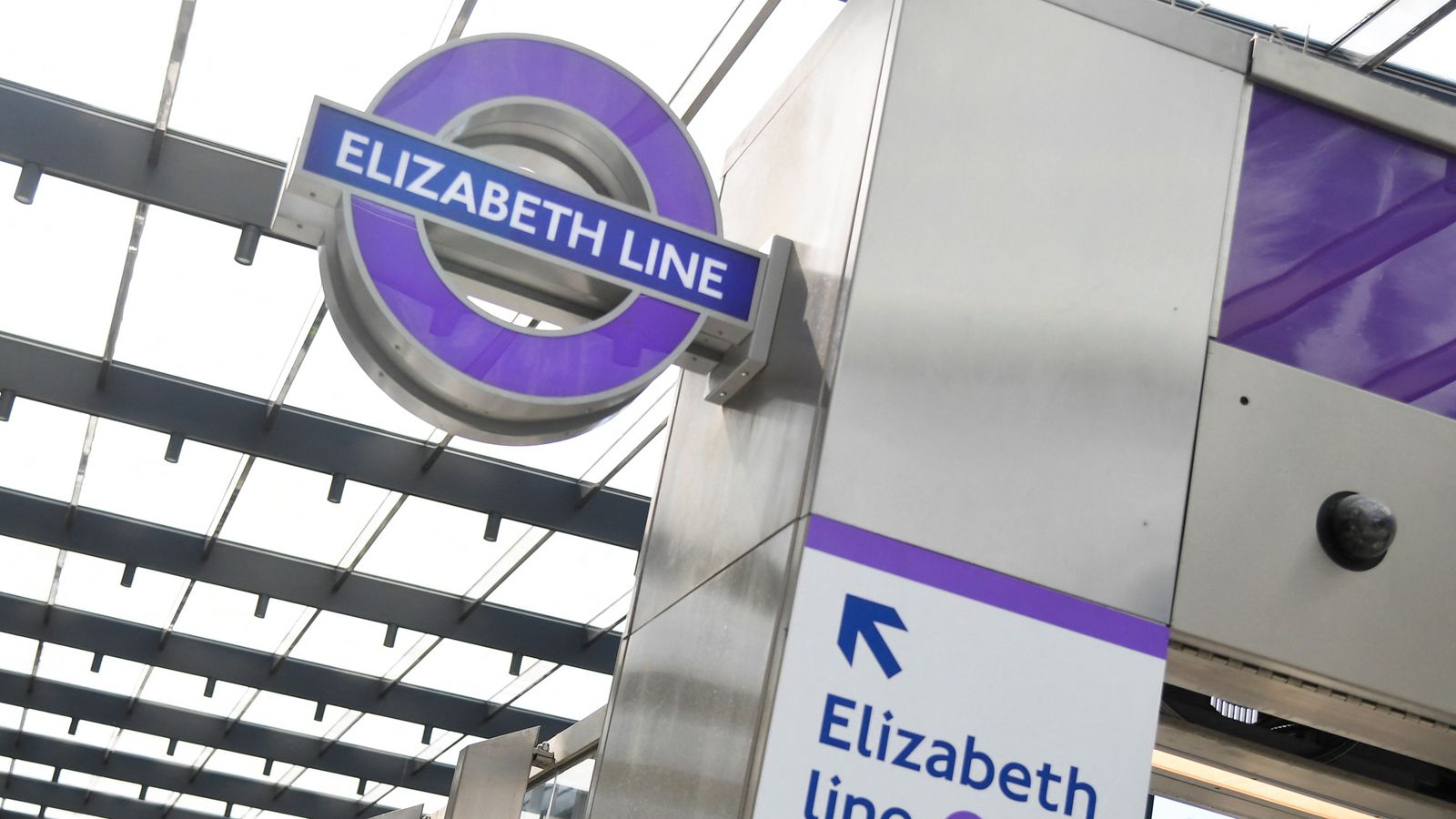British Gas is the latest energy supplier to offer its customers up to £100 off their energy bill by cutting down on usage at certain times.
The National Grid’s ‘Demand Flexibility Service’ first launched with Octopus Energy on 1 November but is being rolled out by other major suppliers such as Eon and EDF.
Amid the global energy crisis, the scheme will help avoid the need for emergency generators to be used or blackouts to be enforced when the grid comes under pressure during peak times this winter.
What is it and why is it happening?
The National Grid’s Electricity System Operator (ESO) announced the Demand Flexibility Service earlier this year following a successful pilot with 100,000 Octopus customers.
With global energy shortages due to spiralling prices and reduced supply from Vladimir Putin’s Russia, the grid could be unable to cope with the increased demand of people trying to keep their homes warm this winter.
At peak times during the colder weather, there could be so much demand that emergency generators have to be used – which are both expensive and bad for the environment.
Cost of living crisis: Teachers in England report increase in children who can’t afford lunch
Cheapest supermarket to buy your Christmas dinner: 10 festive foods ranked in price
Brexit added £210 to household food bills, new research finds
The grid has also warned three-hour strategic blackouts could be scheduled to help manage supply, but these haven’t been needed yet.
The DFS hopes to take pressure off the grid by reducing energy consumption before that happens.
How does it work?
You can only take part in the scheme if you have a smart meter and your energy supplier is signed up.
This is because the grid needs to monitor your energy every 30 minutes, which is only possible with a smart meter.
On 12 days between 1 November 2022 and 31 March 2023 your energy company will ask you to reduce your energy usage – four times in the first month – and twice in each subsequent month.
This will usually be between 4pm and 7pm.
Customers are notified the day before so they can opt in or out depending on whether it suits their schedule.
The ‘energy saving sessions’ will only last for around an hour and will require you to reduce your normal energy consumption by around 30%.
The easiest way to do this is by not using energy-intensive appliances such as cookers, washing machines and dishwashers.
Light bulbs and TVs use very little energy – so there’s no need to turn the lights off or abstain from watching your programme during that time.
The grid then compares your energy usage in 30-minute increments with your normal levels – and your supplier will give you around £3 for every unit (kilowatt-hour) you save.
This could total up to £100 over the five-month period and will be automatically deducted from your bill.
The grid has said that longer saving sessions of between three and four hours, which they refer to as ‘live events’, could be introduced on top if needed.
What if I don’t reduce my energy enough?
If you sign up and either can’t take part or don’t reduce your usage enough during the session, you will just get less money off your bill.
Please use Chrome browser for a more accessible video player
Which suppliers are taking part – and will it be rolled out wider in the future?
Octopus launched its scheme on 1 November with 400,000 people taking part.
British Gas began its DFS on 1 December with around 100,000 customers.
Eon, EDF, Ovo and Shell are all due to take part but haven’t announced start dates yet.
If you haven’t already been contacted by your supplier, you can get in touch with them to show an interest if you’re eligible.
Read more:
Are you eligible for government insulation scheme?
Buyers struggling to afford homes despite house prices dropping
The ESO says similar schemes are “likely to become a major feature of the market in years to come”.
Chief executive Chris O’Shea said: “The electricity grid is facing increased pressure and smart technology plays a key role in managing peak demand – reducing consumption has the added benefit of helping consumers save on their energy bills.
“We’ll be taking learnings from this stage with the aim of using our scale to roll out to our wider customer base.”









